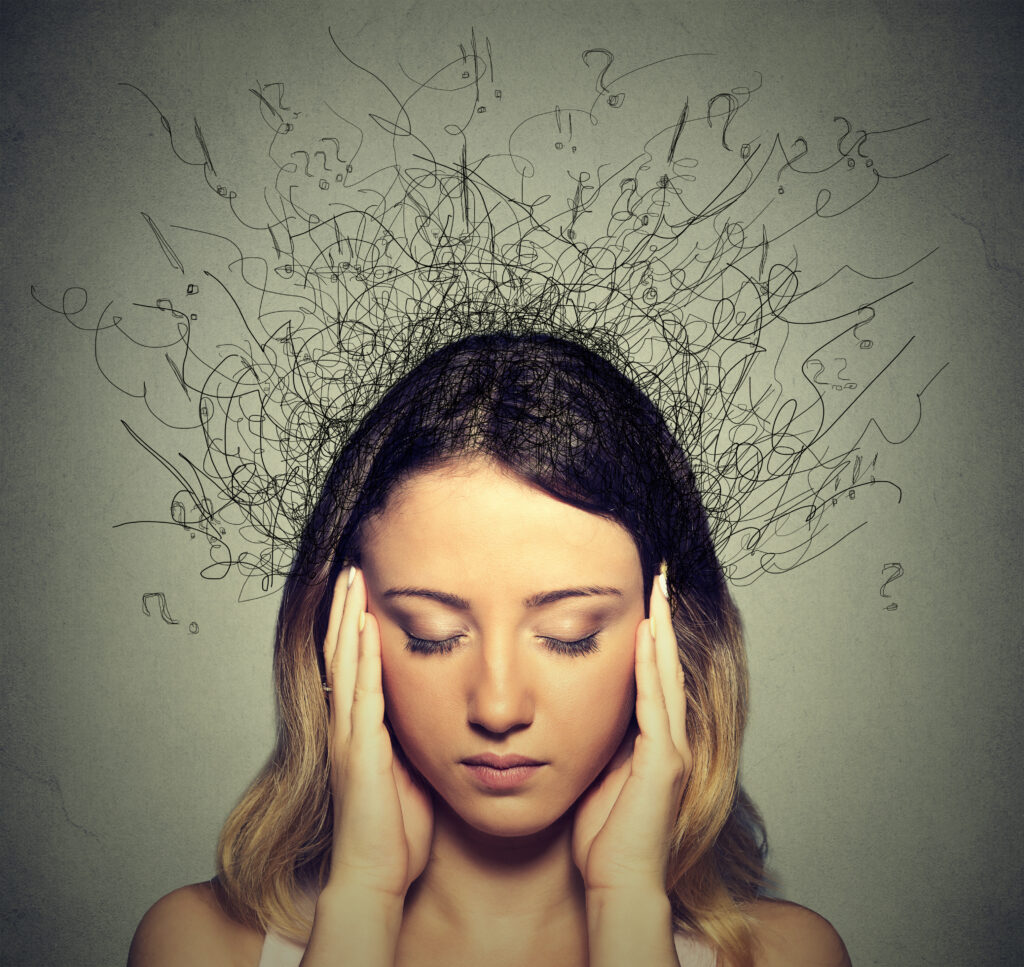ANXIETY TOPIC
10 Interesting Anxiety Facts
Most people experience anxiety at some point in their life. Anxiety can be debilitating and can negatively impact all life domains. A bunch of studies have found that learning about anxiety can help improve anxiety symptoms. So let's dive in!

Most Worries Don’t Happen
Research shows that nearly 92% of the things we worry about never actually happen, revealing how often our anxiety is based on imagined fears.
Relaxing Can Make Anxiety Worse
For some people with anxiety, trying to relax can actually increase their anxiety. They may feel more comfortable staying in a state of worry because sudden calmness feels unsettling.
Different Brain Response
People who experience both anxiety and depression may process internal body sensations differently, making them more sensitive to things like shortness of breath or pain.
Virtual Reality and Anxiety
Studies show that larger objects in virtual reality can trigger more anxiety and faster heart rates, proving that even virtual environments can influence how we feel in real life.
Foods Can Affect Anxiety
Foods rich in nutrients like magnesium (found in pumpkin seeds) can actually help improve mood and reduce anxiety, showing that what we eat may influence how we feel.
Anxiety Can Be Contagious
If you’re around anxious people, it can actually make you feel more anxious. Studies show that anxiety can spread through social interactions, especially in close relationships.
There’s a Link Between Anxiety and Perfectionism
People with perfectionistic tendencies are more likely to experience anxiety because they set excessively high standards for themselves and fear making mistakes.
Anxiety Can Affect Your Memory
Anxiety can interfere with your short-term memory, making it harder to focus and recall information. This is because anxiety takes up mental energy, leaving less room for memory functions.
You Can Be Anxious Without Realizing It
Sometimes, anxiety shows up in ways you might not expect, like irritability, procrastination, or feeling overwhelmed — not just worrying or panicking.
Time of Day Can Affect Anxiety
Some research suggests that anxiety symptoms are higher in the morning and decrease slightly throughout the day, with the lowest levels around midnight.
